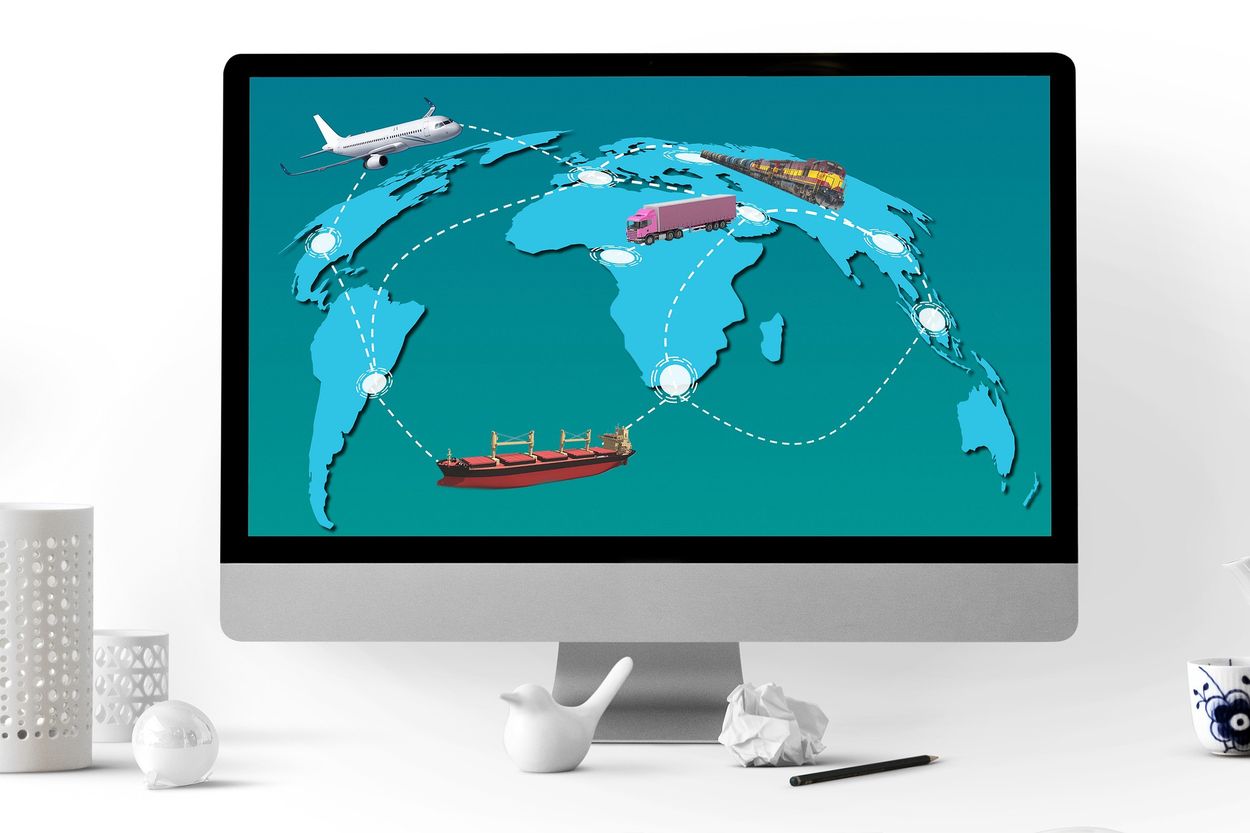Wednesday, February 14, 2024
Germany and its due diligence obligations: IntegrityNext and BME published joint study after almost a year Supply Chain due Diligence Act

© Pixabay.com
Related BME Event: BME Sustainable Procurement Summit 2024
Progam BME Sustainable Procurement Summit 2024 (German)
Survey data shows that companies with 3,000 or more employees are only moderately positive after the first year of the Supply Chain Due Diligence Act (in German LkSG). Time and organizational effort, transparency and data quality are the biggest challenges in implementing the LkSG.
Companies see a significant lever for greater sustainability in their supply chain. This was stated by 66 percent of respondents in the study published by IntegrityNext, a leading global cloud solution provider for managing sustainability in the supply chain, together with the German Federal Association of Procurement, Supply Chain and Logistics (BME). In what is the third edition of the study, the companies can now report on their practical experiences with the LkSG for the first time.
Increasing regulatory requirements for companies
Companies are increasingly recognizing the value of their supply chain. Two thirds of the companies surveyed see their supply chain as a key lever for greater sustainability. For companies with more than 3,000 employees, this figure even rises to 82 percent.
Companies' assessment following the introduction of the LkSG
So far, companies have been moderately positive about the first year of the law. The companies affected by 2023 have had good or very good experiences with core elements such as the establishment of a risk management system (58%) and the implementation of regular risk analyses (41%) for all direct suppliers. 38% of all companies surveyed also stated that the LkSG significantly helps them to promote sustainability in the company and the supply chain in practice.
However, companies that are already affected see difficulties primarily in areas such as taking remedial measures to minimize risks and implementing due diligence obligations with indirect suppliers. Less than a third (30 percent) of respondents stated that they had overall good or even very good experience in this area.
Due diligence obligations continue to pose a challenge
Despite all efforts, insights into the supply chain have so far often been limited to direct suppliers. Gaining an overview of the entire supply chain remains a challenge, as complex supply chain relationships often make it difficult to gain the necessary insights. Overall, more than three quarters of respondents (76%) have at least partial transparency about their direct suppliers. However, it should be noted that significant sustainability risks such as forced or child labor can be found at the lowest supply chain levels in many industries.
Preparing for European initiatives
Statutory due diligence and reporting obligations are soon to be regulated uniformly at EU level. The European CSRD and CSDDD directives are already casting their shadows ahead and companies in Germany are making preparations. 83% of companies that are not directly affected by the LkSG stated that they nevertheless intend to implement the requirements in full or in part. Almost half of these respondents (47 percent) are doing so in preparation for European directives. However, pressure is not only coming from the European level, but also from customers who expect more social responsibility.
In future, CSRD and CSDDD will also apply to SMEs with fewer than 1,000 employees and will also have an indirect impact on even smaller companies. The LkSG is therefore an important test run for companies for the CSDDD, which is expected to be significantly more extensive and demanding.
"The figures show that we have already achieved a lot in implementing the LkSG. However, companies still need support in order to be able to exploit the full potential of their supply chain sustainably and safely", emphasized BME Managing Director Dr. Helena Melnikov. While direct suppliers are already making good progress in implementing due diligence obligations, there is still a great need for action among indirect suppliers.
"The vast majority of companies are aware of their responsibility and are already ensuring compliance with human rights and environmental protection in their supply chains. It is also positive that the LkSG gives purchasing departments more responsibility," says BME President of the Board Gundula Ullah. The experience of German companies with the implementation of the LkSG will prove to be a valuable advantage as soon as the European regulations come into force.
Nick Heine, co-founder and COO of IntegrityNext, added: "Monitoring complex global supply chains securely and efficiently is a challenge for companies of all sizes and is also becoming increasingly important at European level. The study shows that software solutions can make an important contribution to compliance with the LkSG and significantly reduce the burden on companies. We want to continue to support companies in the future in fulfilling their due diligence obligations, whether in relation to the LkSG or other European regulations, and thus contribute to their international competitiveness."
About the study:
The written online survey was conducted between September and the end of October 2023 and was primarily aimed at the member companies of BME. The participation rate was 244, which was slightly higher than in the previous study. Among others, numerous senior executives were surveyed. The focus of the study was on companies from the manufacturing industry and technology-intensive sectors, which often have particularly complex supply chains.
Contact person
/f/104752/3840x2560/53a1619a26/bme_knoor-1-retouche.jpg)